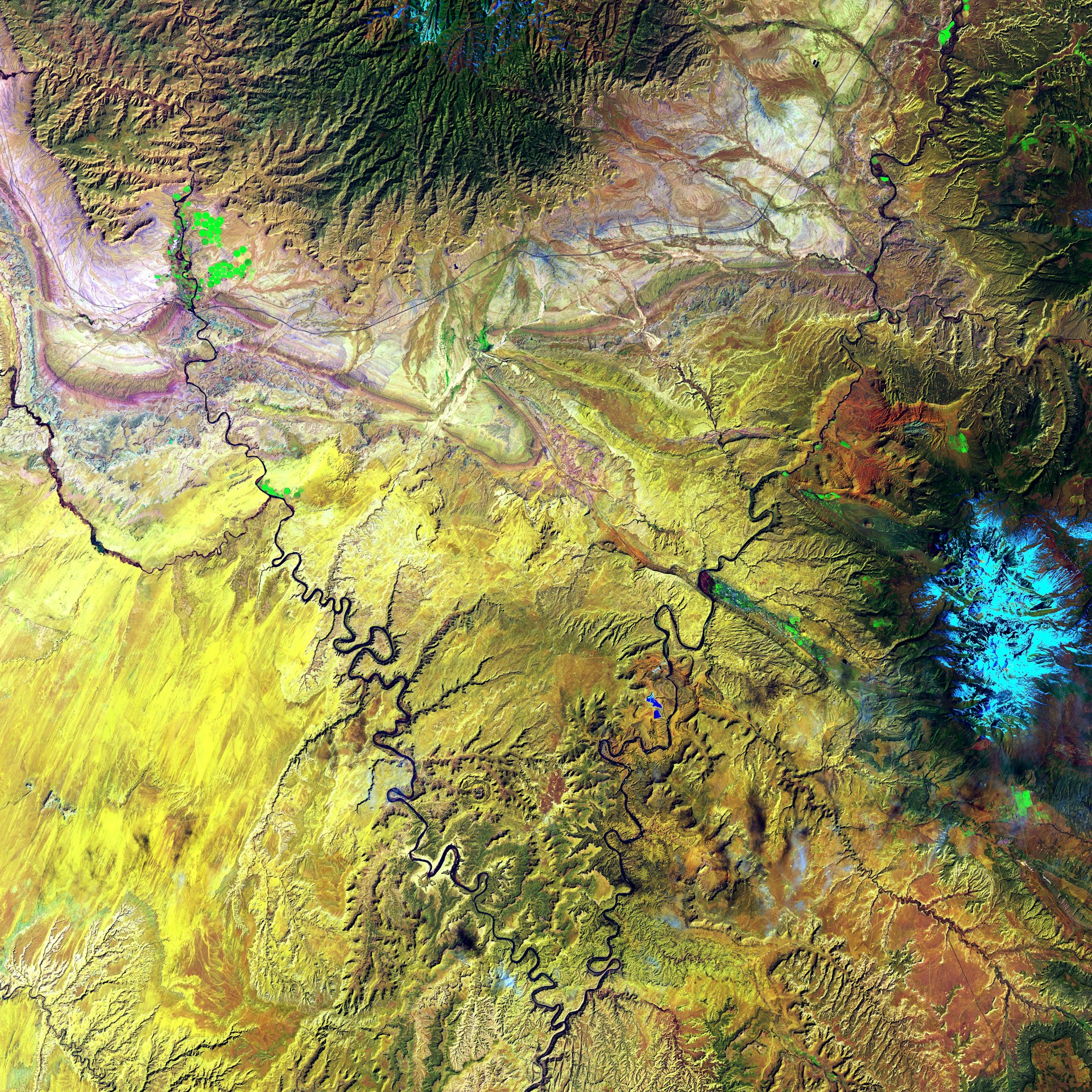Producing political solutions to large-scale environmental problems is perhaps one of the most important tasks of governance. In this regard, a central area of study for political scientists is the effect of democratic governance on environmental quality. Is democracy the regime-type best suited to solve environmental problems?
Advantages of Democracy
There are many causal mechanisms of democratic processes that could imply that democracy is better at preventing environmental problems compared to autocracies. Schultz and Crockett (1990) have proposed that political rights and freedom of information promote the cause of environmental interest groups. These organizations in turn raise public awareness and encourages environmental legislation. This effect works through environmental groups and the public opinion at large. Within democracies, information flows more freely, and political rights are more numerous and better protected than in an autocracies. Kotov and Nikitina (1995) have further argued that the electoral process give democracies the ability to allow environmentally friendly groups and political parties to power. Another element of democracies is that they tend to be rule-of-law-based societies where environmental regulations are implemented and regularly enforced (Weiss and Jacobsen, 1990), making them powerful third-party inter- venes in the domestic sphere (Jagers et al., 2020). Berge (2003) and Sen (1994) both point to the effect of democracies’ capitalist markets in mitigating environmental degradation such as famines. Some also point out that democracies tend to be better at respecting human life, responding more powerfully to life-threatening environmental degradation (Gleditsch and Sverdrup, 2003).

There is also a growing body of empirical evidence supporting the notion that democracies are overall perform better at solving environmental problems, both domestically and inter- nationally. Li and Reuveny (2006) finds empirical support for democracies reduction in various environmental problems. Moreover, Bëttig and Bernauer (2009) finds support for the positive effect of democracy on levels of international political commitment to climate change mitigation (policy output). However, the effect on policy outcomes measured in terms of emission levels and trends is still ambiguous.
Jagers (2007), in his politico-philosophic approach, stresses that criticism of democracy must be formulated more precisely by taking into account the definitions of liberal democracy and its variations (classical, developmental, protective and social). Jagers studies various arguments and implies that there is a possible compatibility between liberal democracy and environmentalism. Smith (2003) and many others have purposed the introduction of deliberate democracy in which unconstrained political dialogue facilitates legitimacy in solving environmental problems. Others have purposed ecological democracy in which nature is defined as a indivisible issue, constitutionally protected form human over-exploitation and abuse (Ungaro, 2005).
Purposed Disadvantages
Hardin’s (1968) "tragedy of the commons" warns about the impending hazards of unchecked natural resource exploitation and environmental mismanagement by self-interested individuals and groups. When property rights of natural resources are not well defined, like it often is with "the commons", free individuals or interest groups tend to over-exploit such resources and ignore the damage that their economic actions inflict on the environment. Gleditsch and Sverdrup (2003) notes that Hardin's assessment does not encourage confidence in the effects on economic and political freedom on environmental quality.
On the global level, Peahlke (1996) notes that environmental problems may not be necessarily bed attended to in a timely manner due to democracy primarily existing with in the nation- state (and not globally). Moreover, Ehrlich (1968) and Heilbrönner (1974) argues that global population growth threatens global environmental quality, and autocracies can more easily curtail human reproduction. Dryzek (1987) points out that as democracies tend to be market economies, and that corporate interest groups tend to have considerable clout. These interest create asymmetric influence on environmental policy-making in democracies, and as such, pro-environmental groups may find it hard to get a "foot in the door." Moreover, Midlarsky (1998) argues that democracies often experience public policy inaction where environmental degradation is concerned, as leaders have the tendency to please competing interests in the public in order to win as many votes as possible.
Lastly, empirical studies have shown that young, turbulent and corrupt democracies tend not to perform significantly better than autocracies in environmental outcomes (Povitkina, 2018; Sjösted and Jagers, 2014).
Is the Future Authoritarian?
While democracies have an impressive empirical track-record supporting their purposed supe- rior performance vis-á-vis authoritarian systems, there seems to be considerable uncertainty in regards to democracy’s ability to solve large-scale collective action problem such as global climate change (1). Indeed, classical Schumpeterian democracies in which people elect representatives in competitive elections to carry out their will do not necessarily hold their own long-term interest (nor that of the rest of the world) at heart (Kennedy, 1994). Solving such problems would require coercive mechanism at a global level that could hamper the interest of individuals at the short-term. In this regard it is worth questioning whether democracy per se is sufficient or even needed in creating legitimate coercion on a global level (2). If people are sufficiently informed about the implications of large-scale collective action problems such as global climate change then they might be inclined to accept certain limitations to their freedoms. Examples from Singapore show how an authoritarian system can have both legitimacy and generate favorable environmental outcomes (Han, 2017). Moreover, by looking at the cases of China and various Southeast-Asian states, Beeson (2010) suggests that authoritarian environmentalism might provide an unattractive but efficient solution to solving complex environmental issues. However, there are good reasons to doubt the effectiveness of environmental policy implementation in authoritarian states. Examples from China and Vietnam show that local cadres/bureaucrats might pursue incentives and self-interests at odds with overarching goals (Eaton and Kostka, 2014; Ruud 2020). In other areas such as economic policy and questions of war and peace, autocracies also empirically tend to perform worse than democracies.

Similarly to what Ophuls (1977) argued, perhaps a global authoritarian transitional organization would be needed to solve the complexities of a large-scale collective action such as climate change? It might be a gloomy prospect, but compared to the fast-evolving implications of climate change some might find humanity better off by installing a utilitarian third-party intervener, whatever its institutional ethos.
- Jagers et al. (2020) point out that a large-scale collective action problem are complex in nature and often requires intervention from a "third-party" to be solved.
- For a definition of legitimate coercion, see Mansbridge (2014).

